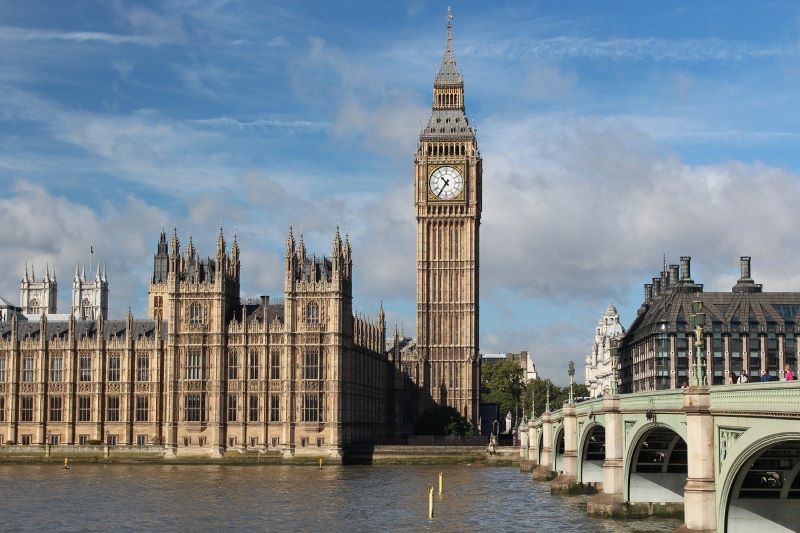
(TAN): The European Travel Commission (ETC) is calling on EU governments to better coordinate their COVID-19 recovery efforts by adopting a harmonised approach to lifting or reinstalling restrictions and safety measures, as tourism confidence plummets to a record low across the continent.
Taking into account the latest epidemiological developments across Europe, ETC also insists that any potential new measures should be local and science-based, avoiding imposing blanket country bans or quarantines, and should be communicated to travellers well before their travel dates.
[ALSO READ: Airbnb & ITAC promote safe tourism experiences with indigenous communities]
While many Europeans are keen to travel again and enjoy summer 2020, they don’t have the confidence to book a trip given the lack of clarity around border barriers, availability of transportation, along with the health and safety protocols in their chosen destination.
ETC Executive Director Eduardo Santander, said: “As we have been warning for several months, effectively coordinating and aligning responses to the evolving epidemiological situation at both EU and national level is the only solution to saving the travel sector in Europe. Nonetheless , there has instead been a very fragmented picture with inconsistent and constantly changing national approaches. This data clearly shows that significant work still needs to be done when it comes to harmonising the approach that member states are taking, before any recovery is feasible.”
New data from Sojern, which collects and analyses travel intent data from thousands of airline and hotel partners from around the world, highlights that despite most restrictions in Europe being lifted in mid-June, European tourism is showing very slow recovery. Sojern, working with ETC, analysed search and booking data across three aspects of the European tourism market – domestic travel, travel between European countries and international trips to Europe.
[ALSO READ: Pan Pacific honours healthcare workers with complimentary stays in Singapore properties]
Domestic travel
European interest for domestic travel, as expressed in flight searches and bookings, remained very low in July 2020 with year-over-year drops of -37% and a massive -67% respectively.
While the current situation does not look encouraging with actual flight bookings being very low, an upward trend in searches for domestic flights has been recorded in the second half of July, which is indicative of people’s enthusiasm to travel within their countries, meaning it is now more critical than ever for a coherent coordinated EU response.
Intra-European travel
The first two weeks of July saw a slight increase in air bookings (+6%) for intra-European travel when compared to June. However, as the month progressed, this positive trend faded with flight bookings dropping again.
Similarly, searches picked-up only slightly. These fluctuations demonstrate people’s simultaneous eagerness and hesitation about travelling in these uncertain times. The longer this uncertainty surrounding travel rules and restrictions between countries continue, the harder it will be for consumers to regain travel confidence and for the industry to see a stable recovery.
[ALSO READ: Cathay Pacific traffic figures for July show drop in revenue, passenger load]
International travel in Europe
Global searches and air bookings to Europe are also well below last year’s levels for July at -67% and -72% respectively, with Sojern’s data showing that this downward trend has been almost flatlining since May.
Searches from overseas consumers for travel to Europe declined by 4% between the first and the last week of July, which may be taken, partially, as a signal of weakening interest. This trend is a further illustration that the rebound of longhaul travel will take considerable time, as well as concerted effort from industry and regulators alike.




